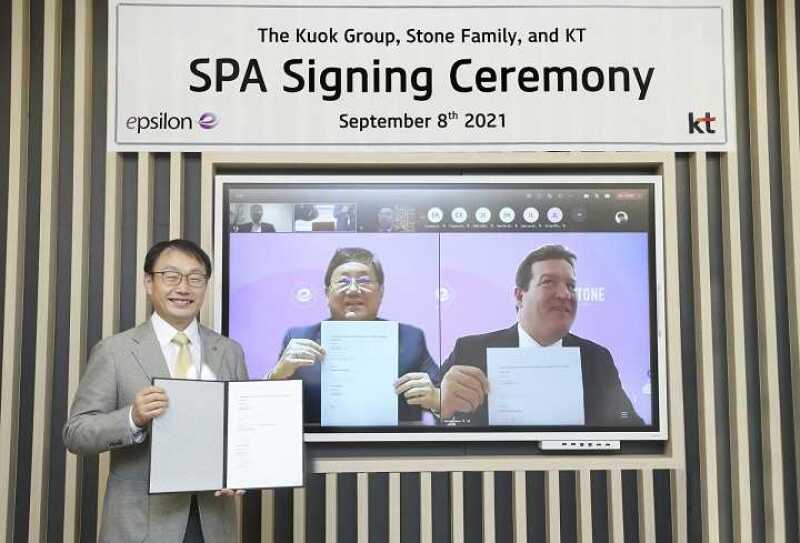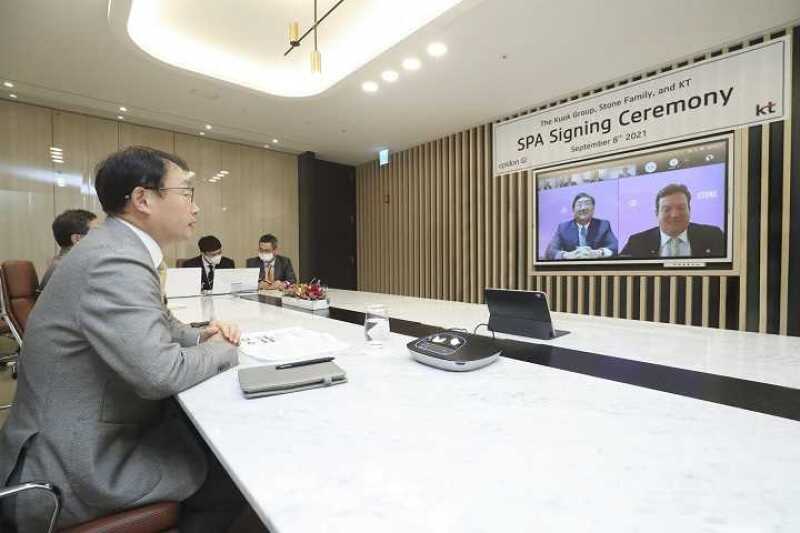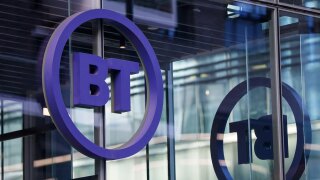Under the terms of the deal, KT is to buy a 100% stake in Singapore-based Epsilon from Malaysia-based multinational conglomerate, Kuok Group along with Daishin Private Equity, a subsidiary of Daishin Securities, who took part in the deal as an investor. As a result, KT will hold a 58% stake and Daishin PE the remaining 42%.
"We are excited to announce the acquisition of Epsilon and welcome the team to the KT family of businesses. Epsilon provides mission-critical networking for global digital transformation and maximising the value of cloud for enterprise customers," said Dr Hyeonmo Ku, CEO of KT Corp.
"It has a tremendous mix of technology, teams and innovation that are directly aligned with KT’s vision for enabling enterprises with digital platforms. Epsilon provides great value with its Infiny platform and global network, which offers customers an agile approach to global networking. Both companies share a vision for global digital transformation and the power that digital platforms have to change industries."
The combination of Epsilon’s global network, operating bases and technologies with KT’s global ICT, sales capabilities and domestic B2B customer base, are set to create greater synergy for both businesses.

KT will be able to expand its global data infrastructure from Asia to Europe, USA with greater points of presence (PoP) coverage, which in turn will help it secure new customers such as domestic companies that enter the overseas market and foreign companies wanting to expand into Asia.
At present Epsilon has more than 260 PoPs across over 41 cities in 20 countries and operates 3 data centres in London, New York and Singapore, as well as a suite of connectivity solutions spanning cloud connectivity, Ethernet (DCI), remote peering, access, SD-WAN, colocation and voice.
While according to CEO Michel Robert, Epsilon will benefit from much needed resources that will ultimately support the end customer.
"The acquisition of Epsilon by KT is a great milestone on our company’s journey and recognition of the hard work of our teams across the globe. The timing is right to support Epsilon with new resources and the backing of a world-leader in telecommunications," said Robert.
"We look forward to continuing to grow Epsilon and provide innovative solutions and experiences for our new and existing customers across the globe. The acquisition is a logical next step for both businesses and a fantastic opportunity for customers, partners and internal teams."

Over the last few years Epsilon has been focused on transitioning its business to become a more service-based entity, telling Alan Burkitt-Gray last year, that the aim, now, is network as a service, or NaaS “to support carriers and partners — and a set of enterprise customers that are technically savvy. We provide international access and data-centre interconnection.”
Speaking to Capacity on the of growing trend of service-driven connectivity and the value this will create for KT and its newly acquired Epsilon, Paolo Pescatore, tech, media & telco Analyst at PP Foresight, said: "While the concept of ‘as a service’ is not new, it represents the holy grail to improve efficiency and productivity as well as margins."
"There is an ever-increasing reliance on software in next generation networks. This opens up new use cases of serving customers through an end to delivery or modular approach. Whoever can crack this service driven approach will increase engagement and loyalty among its customers."
The news aligns with KT's recently announced plan to transform itself from a telco to a digital platform company (DIGICO). In 2020, then CEO Koo Hyun-mo, said: “We will shift our focus from the telecommunications sector, where growth is stalled due to government regulations, to artificial intelligence (AI), big data, and cloud computing businesses to become the nation's No. 1 platform operator in the B2B market."
"KT was once a telco where 100% of its sales come from the telecommunication business, but these days, 40% of its total sales are generated in non-communication areas. We will raise the proportion of the non-communication sector to 50% by 2025."
As such the acquisition is set to accelerate this transition.






